How to Get a Job at Apple in 2025: Insider's Tips
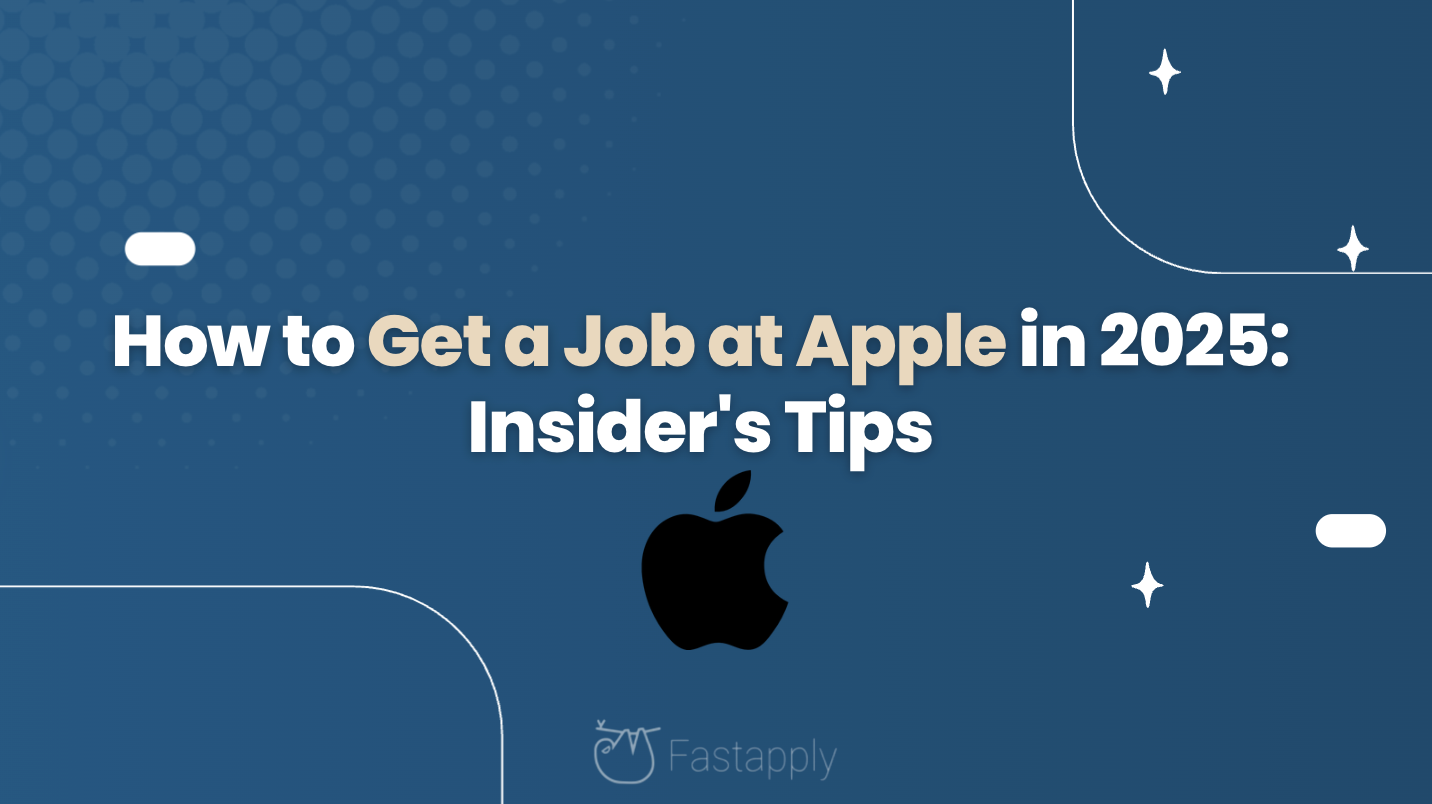
Apple ranks as one of the most exclusive employers in the tech industry, with most job openings having acceptance rates of less than 2%. For every single opening, they receive thousands of applications from talented applicants all over the world. To uniquely understand the competitive advantage of successful applicants, it’s essential to look beyond just the technical qualifications to the cultural and hiring elements considered in Apple’s approach to teams and companies.
This guide lives up to its name as a comprehensive overview of what it takes to work at Apple in any functional area: software and hardware engineering, design, marketing, business operations, or retail. You will learn very job-specific ways to stand out in the process, how to navigate Apple’s complex interview process, and how to leverage technologies like FastApply to succeed in the competitive marketplace.
Apple’s Hiring Philosophy: Beyond Technical Excellence
Unlike many technology firms, Apple’s hiring philosophy is quite different. While they do care about technical skills, they care just as much, if not more, about creativity, collaboration, and authentic alignment with Apple’s purpose of creating incredible experiences for users.
What Apple Really Values in Candidates
Innovation/Making Connections: Apple seeks candidates who can consider a question or situation through a fresh lens, meaning they will not only have experience but also be open to unconventional solutions. All positions value thinking “outside of the box.”
Willingness to Work with Others (part of a Team): While Apple values individual talent, what Apple really values is the ability to work with others (across geographies and disciplines) as part of a larger team. Apple is consciously trying to move away from “show horses,” or those who value their own notoriety and spotlight above the greater success of their team.
Thinking for the Customer: Every position at Apple, whether in engineering or retail, should lead to a better experience for the user, the eventual end user. Candidates who, when in the process of problem-solving (and upon considering the possible delayed effects of their decisions and actions), default to realizing and considering the future experience of the end-user, would fit nicely in the Apple culture.
Curiosity and The Desire to Learn: Apple. In the pursuit of talent, values people who ask the right questions, learn, and care about the additional value to be derived as much as a good resume.
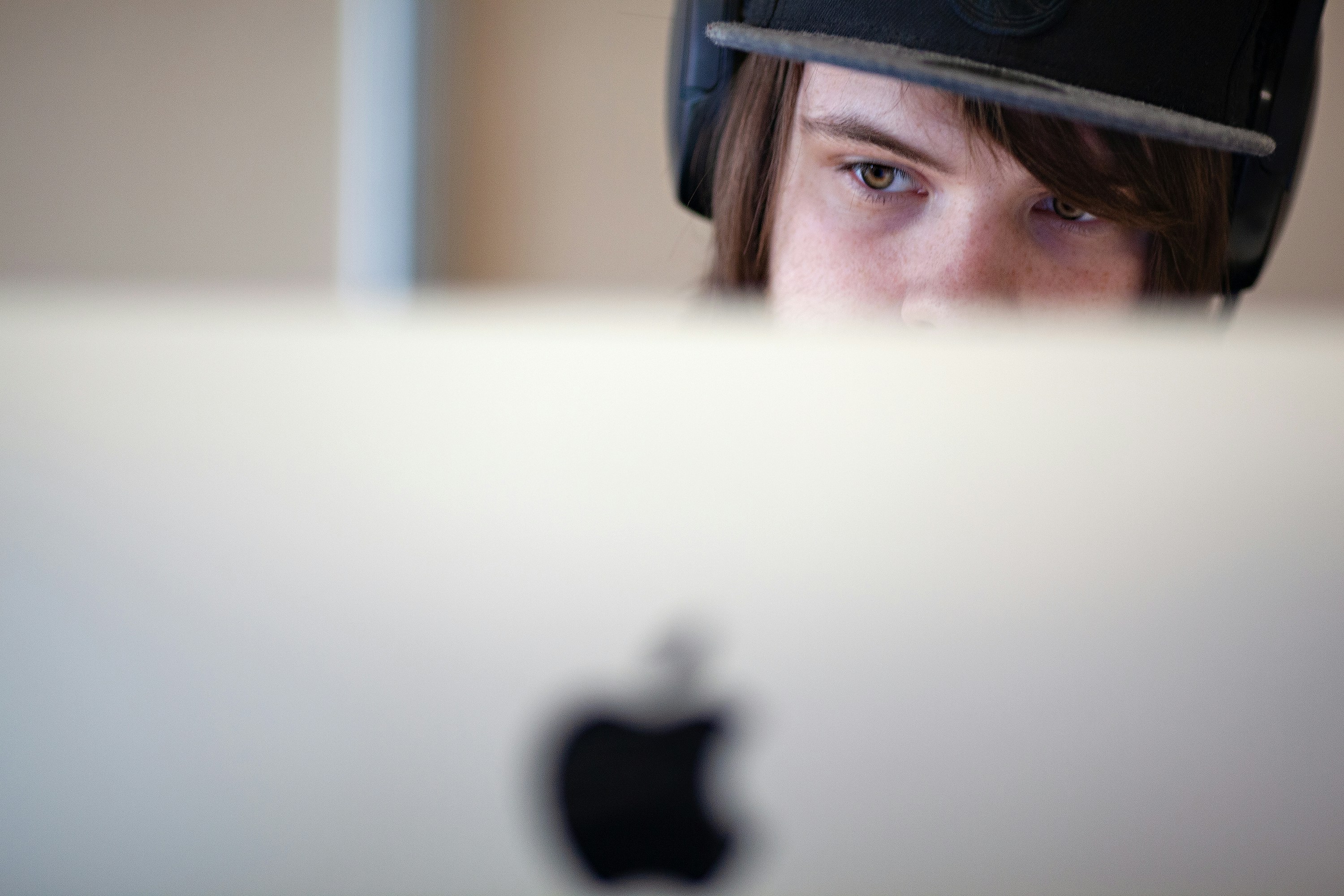
An Overview of Apple’s Cultural Values
Apple maintains what insiders often describe as a “no-ego” culture where “team fit” and “communication skills” are as crucial as “raw talent.” They look for evidence that you can comfortably work with others; solicit and receive feedback, and have been part of a “team” and not just a collection of “individuals.”
Distinctions that Apple Looks for in Software Engineers
Software Engineering positions across Apple (iOS, macOS, machine learning, cloud infrastructure, and security) are among the most competitive in the technology industry. In other words, many competent candidates do not make it past the initial screen. Clearly, applicants need to demonstrate capabilities beyond coding - those qualities, however, are even harder to identify in themselves.
Key Technical Skills for 2025
Platform-Specific Programming Languages: Knowledge of Swift and Objective-C is a baseline for iOS development. At the same time, C/C++ and Python are expected for systems/hardware integrations, as well as AI/ML engagements.
Complete System Context: Apple engineers care about how your work fits in larger systems, even if you are focused on frontend development or backend.
Algorithmic Competence: Expect to drill down on efficiency, data structures, and your more creative problem-solving approaches in a technical interview. Apple’s coding assessment tends to provide a more real-world evaluation as compared to a textbook problem.
Familiarity with the Apple Ecosystem: There is a clear competitive advantage to having accepted or worked in the Apple ecosystem (Xcode, development frameworks, etc.). You will not be able to think like Apple thinks without developing software and designing with Human Interface Guidelines, among other things.
Preparing Your Application Materials
Focus on Impact, Not Activities: Rather than simply describing your roles, describe the actionable accomplishments you achieved around your role. For example, you can say “Decreased the application crash rate by 30%” or “Improved overall performance and experience for 2 million users” to show an actual outcome from your work.
Include Cross-Functional Experience: Apple’s software engineering teams work closely with design, product, and other teams. Including some evidence of effective cross-functional collaboration will only improve your application.
Include Personal Projects: Several Apple engineers recalled that during the interview process, the interviewers asked about open-source contributions, hackathon projects, or any other distinct work outside of their employment. This can demonstrate your unique initiative or passion aside from the job you were hired to do.
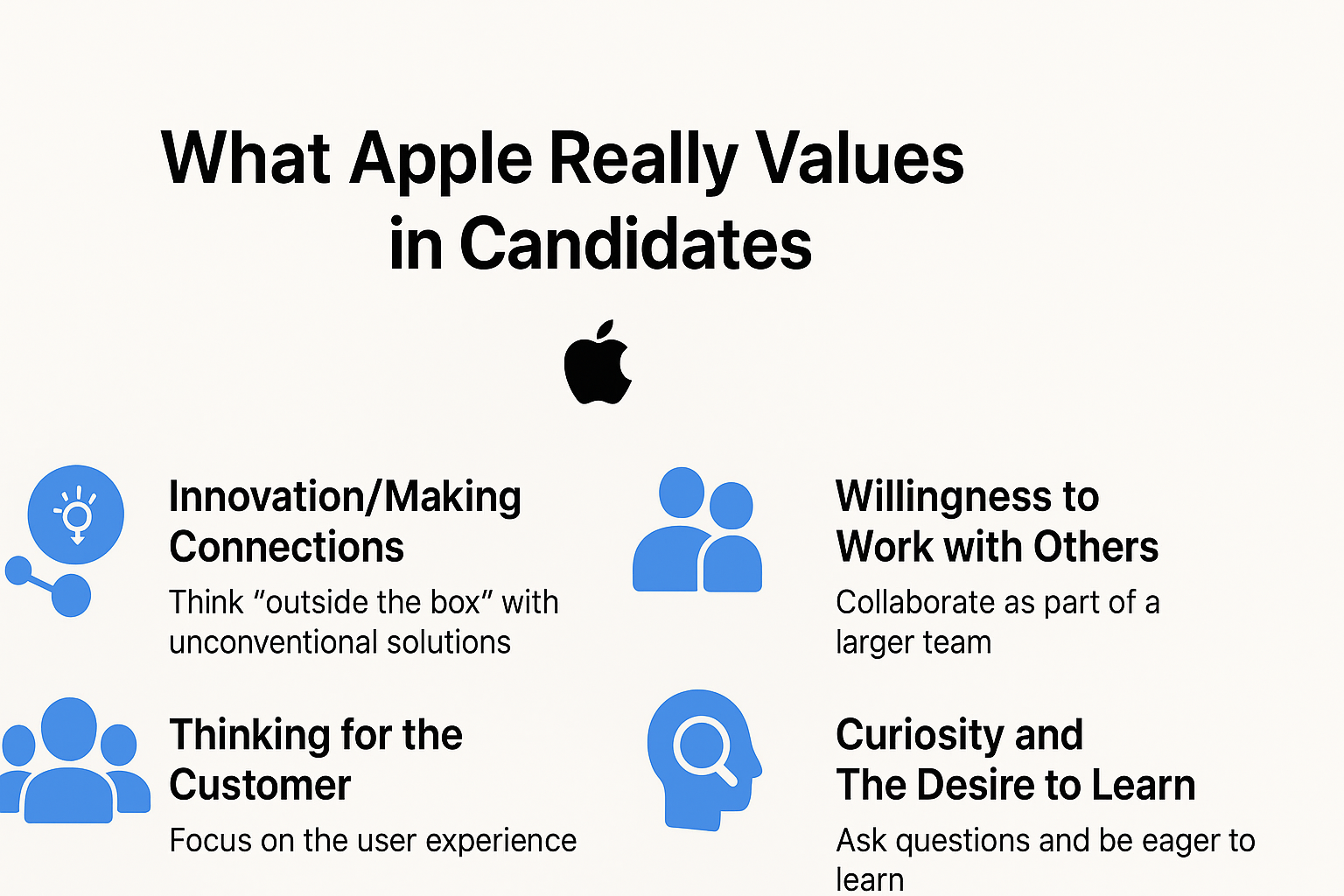
Apple’s Software Engineer Interview Process
First Phone Screen: A phone screen typically includes algorithmic challenges, as well as an in-depth conversation about your background and experience. Your initial phone screen will assess both your technical aptitude and communication skills.
Technical Interviews: You can expect three to six rounds of technical interviews, which will involve coding exercises, discussions on system design, and behavioral questions. The more senior roles will typically focus more heavily on larger architectural decisions, as well as scenarios that assess your ability to work with multiple teams.
Assessment of Cultural Fit: Apple dedicates substantial interview time to assessing curiosity, humility, and the willingness to provide and accept constructive feedback. It’s impossible to secure an offer based solely on technical excellence.
Comparative Analysis of Apple Software Engineering Expectations
While all major technology companies are looking for strong engineers, the way this is emphasized will differ:
User Focus: Apple places unprecedented emphasis on the potential impact of engineering decisions on the end-user experience, compared to most other companies. In almost every technical discussion, we would return to how the decision would ultimately affect users.
Teamwork Emphasis: The interview process offers a more thorough assessment of a candidate’s collaboration skills than many other assessment methods. In most cases, for example, there would be two challenges to assess your collaboration.
Creativity Emphasis: Apple is seeking engineers who can bring creative thinking to technical issues, rather than merely recommending the correct or optimal solution to a defined problem.
Technical Assessment Process: Generally speaking, interviews consist of 3–6 rounds, covering algorithms, system design, and user experience considerations. With most other technology companies, it is generally 3–5 rounds, with emphasis in the Apple process on how technical decisions impact product experience.
Technical Knowledge: You are required to know Swift and Objective-C, as well as have a general understanding of Apple APIs and development tools. Compared to other companies, they may have a different purpose for their language ecosystem.
Apple Hardware Engineering and Product Design
Apple’s inclusive product definition, combined with its hardware and device design, is why it has captured the public’s imagination. Apple believes in a close integration of disciplines when it comes to product development. Whether you pursue a job in electrical or mechanical engineering, product design, or UX/UI roles, Apple expects you to combine a deep technical background with creative thinking that considers a user-focused approach.
What is Different About Apple Hardware and Design
Cross-Disciplinary Approach - Hardware engineers work intimately with software engineers, manufacturing engineers, and supply chain specialists. Candidates who are comfortable in these multi-team settings fit the Apple model.
Portfolio-centered - Candidates can expect interviewers to walk them through their design process step by step. You will discuss your thoughts, critique your designs, and explain how you would improve as you progress. The process will matter just as much as the final product.
Precision and User-Centricity - Hardware interviews will focus on the reliability and miniaturization aspects of the design, as well as manufacturability constraints. In contrast, design interviews will focus on accessibility, inclusivity, and scenarios for real-world usage.
Key Skills and Portfolio Elements for 2025
Design Tool Proficiency: Being proficient in design tools such as Figma, Sketch, or CAD tools (if you’re applying for a hardware position), plus being familiar with Apple’s Human Interface Guidelines, demonstrates some serious Preparation.
Prototyping and Iteration: Include at least two projects where you iterated rapidly based on user testing or feedback—Apple values continuous learning and improvement, driven by failure in the design process.
Quantifiable Impact: Have metrics when possible: “improved usability scores by 30%”, “reduced manufacturing costs by 15%”, or “decreased user error by 40%”. This shows impact in the real world.
Design and Hardware Interview Expectations
Candidates report that Apple’s design and hardware interviews ask in-depth questions about process and justification. As a candidate, you will likely hear many classic questions about design trade-off (i.e., where you chose to prioritize certain constraints) and how you react to and incorporate feedback, as well as other constraints such as performance, manufacturability, and user experience.
Design Roles in Apple Comparison to Other Tech Companies
User Experience Priority: User experience is uncompromising and holistic across hardware and software for Apple. Many other companies are high on the user experience scale, but they can have a clearer division between hardware and software.
Design-Engineering Collaboration: Apple designers and engineers sync daily and work together in embedded teams. Other companies tend to have functionally more parallel processes, and design and engineering are not as readily associated.
Hardware Collaborations: For Apple designers, hardware collaboration is a core identity and responsibility. This is less common for designers at other top tech companies, unless they are specifically part of a hardware division.
Portfolio Review Intensity: Apple’s portfolio reviews tend to focus on process and thought. Other companies may emphasize shipped products or results rather than focusing on a process or methodology.
Design Principles: Familiarity with Apple’s Human Interface Guidelines and accessibility standards is a necessity, just as other companies’ design systems are critical to their processes.
How FastApply Assists Productive Applications to Apple
Gaining attention from Apple, Google, Meta, and other elite technology employers entails more than a current resume. FastApply offers functional advantages to help you secure an interview with Apple or other suppliers listed.
FastApply’s Major Elements for Specialized Technology Job Applications
ATS-Optimized Resume Generation: Generate job-seeking resumes with professional formatting and technical keywords that meet the stringent review requirements of major technology organizations such as Apple. FastApply ensures your resume is correctly formatted and submitted to automated systems or human reviewers in a properly structured format.
AI-Personalized Cover Letters for Each Application: Generate personalized cover letters for each application, whether to Apple’s software, design, or marketing teams. The cover letter is customized specifically to each job description and company values, increasing your chances of being hired and passing through ATS systems used by organizations.
Automated FastApply Applications for Each Position: FastApply offers intelligent automatic fast-track applications…
- Autopilot Mode: Automatically applies to all matching positions on LinkedIn, the company’s career pages, job application services, including major organizations, and company websites online. Autopilot Mode saves hours of submitting quality resumes and cover letters.
- Copilot Mode: You can review all applications made in Autopilot mode to take complete control of what you do and don’t apply for. Copilot Mode allows you to personalize what matters most while allowing you to send a resume or cover letter to complete routine applications.
Application Tracking: Track each application, its status, and interview invites within a dashboard setup designed for following up and keeping organized throughout the multi-stage hiring process.
Why Competitive Candidates Use FastApply
- Designed for implementation into complex Applicant Tracking Systems, which many top-tier employers utilize
- Continuously updated as to job search trends and requirements in the tech industry
- Useful for entry-level to senior professional applications
- Positioning you for success in some of the most competitive job markets in the world
Are you ready to stand out in a competitive hiring environment? FastApply will streamline your workflow so that when the time comes for interviews and relationship building, you’ll be ready.
Marketing, Business Operations, and Retail Positions at Apple
Apple takes a similar approach when hiring for marketing, business functions, and retail as it does when hiring for engineering and design. They are seeking professionals who can think strategically, respond quickly, and maintain a strong focus on delivering an exceptional customer experience.
What Apple Considers for Non-Tech Positions
Storytelling Skills: Apple seeks individuals for Marketing and Business roles who possess the ability to craft compelling stories about the products, customers, and brand. Essential is the ability to examine and articulate how Apple’s values inform business decisions, as well as marketing and storytelling campaigns.
Customer-First Mindset: In the retail context, especially, Apple wants to see how you listen to, support, and advocate for customers. Strong candidates consistently demonstrate a high level of service and have evidence in their past of exceeding the Customer’s expectations.
Calm Under Pressure: Candidates for Business Operations types of positions will frequently be asked situational or behavioral questions about exceeding expectations, especially during launches, in the midst of change, or in response to a crisis. Apple values being calm, effective, and level-headed in high-emotion situations and during difficulty.
Behavioral Assessment
Apple’s non-technical interviews put a strong emphasis on a behavioral assessment and evaluation during the interviews. Often, a candidate is assessed using a framework to evaluate past performance based on the evident structure in their stories during storytelling and other aspects of the interview. For example, STAR is an acronym that stands for Situation, Task, Action, and Result. It is strongly recommended that you define relevant behaviors and come to the interview prepared with examples where you have achieved success, demonstrated strength, or failed to meet a customer’s expectations from start to finish, or taken just enough customer advocacy to support them.
Typical Interview Questions:
- “Can you tell me about a time when you resolved a serious conflict within a team or group?”
- “Please share an example of how you changed an unhappy customer to feel like an advocate.”
- “How do you respond to competing priorities when you’re under tight deadlines?”
- “Can you tell me about a situation where you had to make a tough decision based on incomplete information?”
Retail Job Requirements
While interviews for retail positions at the Apple Store are intended to assess a candidate’s interpersonal skills and enthusiasm for helping customers, ultimately, the best candidates demonstrate empathetic listening, effective communication, and a genuine enthusiasm for enabling customers to be successful with Apple products.
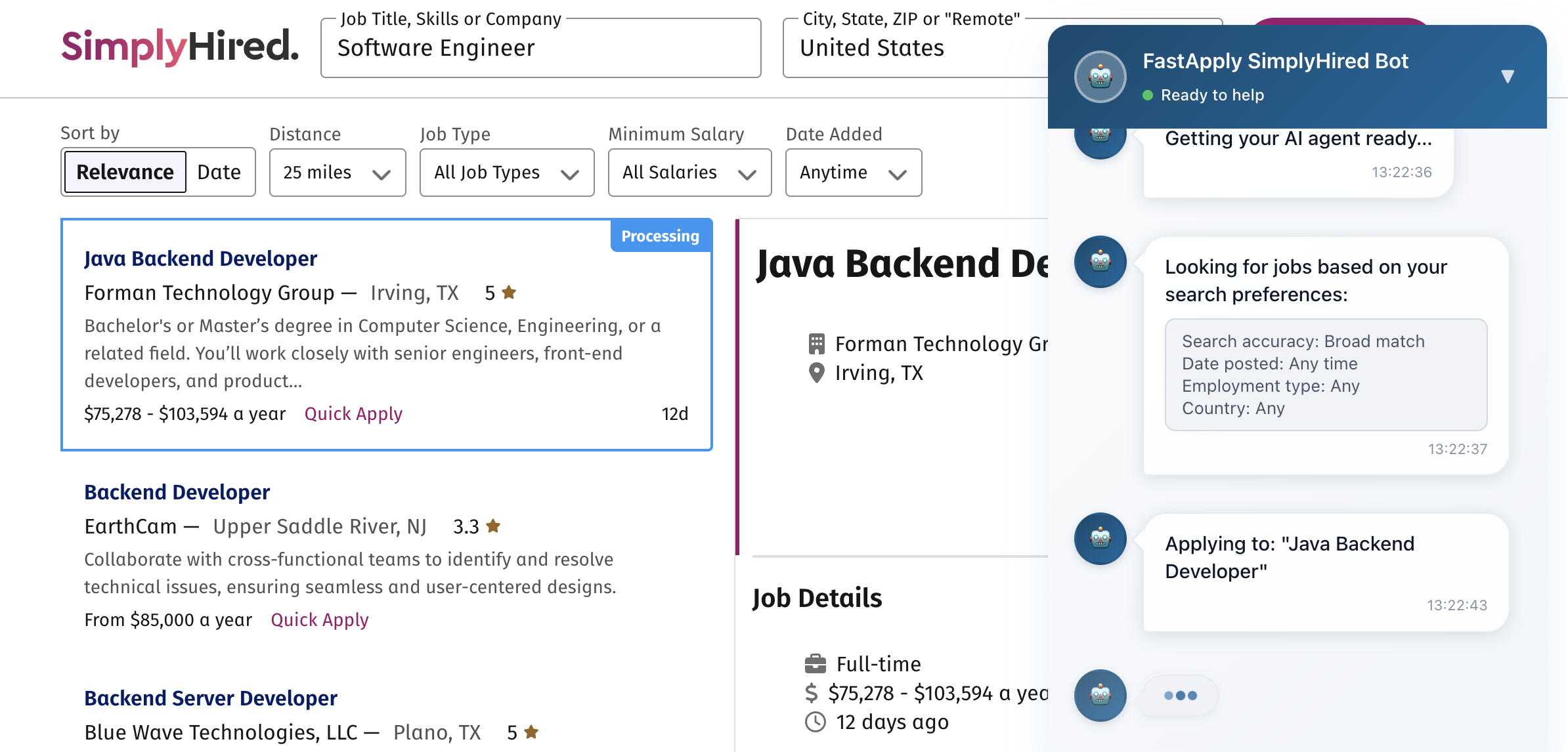
Comparing the Non-Technical Roles of Apple to Other Companies
Emphasis on Brand Storytelling: It is at the core of all marketing and business roles at Apple, perhaps even more so than with other tech companies, where product features may take priority over storytelling in the marketing industry.
Integration of Customer Obsession: This core value is embedded in all roles at Apple, whether in a corporate or retail role, with greater importance than in many companies.
Depth of Behavioral Interviews: There was a robust emphasis on detailed STAR-method stories and follow-up probing questions compared to many other companies we researched.
Retail Hiring Criteria: Apple emphasizes hiring based on empathy, alignment with the Apple brand, and user experience for retail roles. Other tech companies may prioritize hiring to focus on metrics, efficiency, or other aspects of service.
Measures of Success: Apple measures success through user advocacy and brand loyalty culture metrics, in addition to the standard business measures; the culture defines many of the associated characteristics.
How to Navigate the Interview and Assessment Process at Apple
The Apple interview process is intentionally thorough, seeking to assess both your capabilities and cultural fit at every stage of the interview process. Knowing the typical flow helps to prepare your approach at each level.
Step-by-Step Hiring Process Overview
Application and Initial Screening
Apple’s recruiting teams review thousands of applications for each position. Recruiters look for clear, concise resumes highlighting quantifiable impact rather than generic descriptions.
Strategy: Customize applications for specific teams or roles. Reference particular Apple products, technologies, or initiatives that genuinely interest you. Generic applications rarely succeed.
Recruiter Phone Conversation
Initial calls focus on your motivation for joining Apple, your understanding of the company’s mission, and preliminary cultural fit. Expect questions like “Why Apple specifically?” and “Describe a challenging team situation you navigated.”
Technical or Functional Assessment
Content varies significantly by role:
- Engineering positions: Algorithmic challenges, code reviews, and detailed technical discussions
- Business and marketing roles: Case studies, campaign analysis, or product scenario evaluation
- Retail positions: Situational questions and customer interaction scenarios
Panel or Team Interview Loop
Apple’s interview “loop” typically involves meeting with four to eight team members. Expect intensive questioning, scenario exercises, and deep exploration of your portfolio or experience. The focus remains on collaboration, critical thinking, and demonstrating alignment with Apple’s values.
Final Evaluation and Offer
After the panel, hiring teams conduct deliberation sessions where consensus matters significantly. Strong dissent from even one interviewer can halt an offer, reflecting Apple’s high bar for team fit.
Comparing Apple’s Interview Process
Resume Screening Approach: Apple emphasizes team-specific customization and impact focus, while many other companies rely more heavily on automated keyword screening.
Initial Interview Focus: Apple’s first conversations heavily emphasize cultural fit and motivation (“Why Apple?”), while other companies may blend behavioral and technical elements more evenly from the start.
Technical Assessment Depth: Apple probes both technical competence and the reasoning behind decisions, often more deeply than standard algorithmic rounds.
Team Panel Structure: Apple’s loop involves multiple functions and disciplines, making it more cross-functional than many other companies, where panels may focus more narrowly.
Decision-Making Process: Apple requires complete consensus from the interview panel, a higher bar than companies using “hire/no hire” thresholds or majority voting.
Interview Preparation Best Practices
- Review Apple’s official career guidance and interview preparation resources
- Develop three to five detailed STAR stories demonstrating collaboration, user focus, and overcoming challenges
- Practice articulating “Why Apple?” and “Describe your favorite Apple product and explain why” out loud
- Research your target team thoroughly and reference their recent work during interviews
- Prepare thoughtful questions about team challenges and future projects
Insights from Apple Recruiters and Employees
Perspectives from those who’ve participated in Apple’s hiring process—either as interviewers or candidates—provide invaluable guidance for standing out successfully.
Key Themes from Apple’s Hiring Insiders
Collaboration Over Individual Brilliance
Apple doesn’t simply seek the most technically skilled candidate. The company prioritizes individuals who elevate their entire team’s performance, challenge their own assumptions constructively, and work without ego. Collaboration and openness to different perspectives are just as important as individual capability.
Connecting Work to Customer Impact
Candidates who consistently tie their work back to user experience and customer benefit resonate strongly with Apple interviewers. This applies across all functions, including engineering, design, marketing, operations, and retail.
Portfolio and Resume Substance
Apple’s hiring teams consistently reject generic or checkbox-style resumes. Highlight work you’re genuinely proud of, share measurable outcomes, and explain the reasoning behind your choices. The “why” matters as much as the “what.”
Demonstrating Genuine Curiosity
One of the most effective interview strategies is asking thoughtful questions about the team’s current projects and challenges—Apple values candidates who show authentic curiosity, not just thorough Preparation.
Comparing Apple’s Insider Perspectives to Other Companies
Collaboration Philosophy: Apple emphasizes challenging yourself and others productively without ego, while other companies may stress teamwork but ultimately prioritize individual results in hiring decisions.
Portfolio Expectations: Apple aims to understand the impact, process, and reasoning behind each project, whereas other companies may focus primarily on quantifiable results and growth trajectory.
Interview Engagement: Apple expects candidates to ask about team dynamics and projects, demonstrating curiosity as a core trait. In contrast, other companies may focus more on candidate performance in relation to standardized evaluation criteria.
Customer Connection: Apple requires tying every answer to customer experience and user benefit, while other companies may emphasize technical or business impact more than user-centricity.
Common Lessons from Successful Apple Candidates
- Over-preparation rarely hurts—most regret not researching their target team and products more thoroughly
- Candidates who naturally connect answers to Apple’s core values (innovation, accessibility, user obsession, collaboration) stand out consistently
- Humility, curiosity, and authentic storytelling create lasting impressions regardless of hiring outcome
- Personalizing every application and avoiding generic submissions significantly improves success rates
Final Application Checklist for Apple Candidates
Before submitting your Apple application, ensure you’ve completed these essential steps:
Research and Targeting
- Research your specific target team thoroughly and identify their recent projects or initiatives
- Understand how the role connects to Apple products and user experience
- Review Apple’s mission, values, and recent company announcements
Application Materials
- Customize your resume to highlight measurable impact and collaborative achievements
- Tailor your cover letter to reference specific aspects of the role and team
- Ensure all materials use clear, concise language focused on outcomes rather than responsibilities
- Include portfolio links prominently for design, product, and creative roles
Interview Preparation
- Develop three to five detailed STAR stories aligned with Apple’s core values (innovation, user focus, collaboration, accessibility)
- Practice your “Why Apple?” answer until it sounds natural and authentic
- Prepare thoughtful questions about team culture, challenges, and future projects
- Review Apple’s interview preparation guidance and team-specific information
Application Strategy
- Never submit generic applications—personalization and storytelling distinguish successful candidates
- Show curiosity in every interaction, from application through final interview
- Follow up appropriately after interviews, expressing genuine interest in the team and role
Apple seeks candidates who care about creating exceptional user experiences, not simply securing employment. Demonstrating authentic passion for Apple’s mission and products throughout your application significantly improves your chances of success.
Frequently Asked Questions
How selective is Apple’s hiring process really?
Extremely competitive. Acceptance rates for many positions fall below 2%, with thousands of qualified applicants competing for each opening. Success requires both strong qualifications and excellent cultural fit.
What qualities does Apple prioritize beyond technical skills?
Creativity, collaboration without ego, customer obsession, curiosity, and authentic alignment with Apple’s mission and values. The company seeks people who elevate their teams and genuinely care about user experience.
How should I prepare my resume for Apple?
Focus on quantifiable impact rather than job duties, highlight cross-functional collaboration, showcase personal projects that demonstrate passion, and tailor every application to the specific team and role.
How can FastApply help me land an Apple role?
FastApply creates ATS-optimized resumes meeting Apple’s standards, generates customized cover letters for each application, automates submission across multiple platforms through Autopilot and Copilot modes, and tracks all applications through a unified dashboard.
What makes Apple’s interview process unique?
Apple places extraordinary emphasis on cultural fit and behavioral assessment alongside technical evaluation. The company requires a consensus from the interview panel for offers, maintains an intensive focus on user experience in technical discussions, and evaluates collaboration more deeply than most of its competitors.
#Apple
#Job Hunting
#Career
#AI/ML Engineers
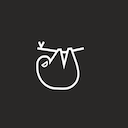
FastApply Team
Career Experts
